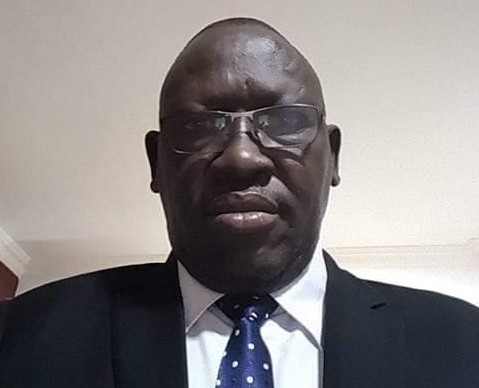By Simon Deng
The Bank of South Sudan on Friday said the high prices of commodities in the local market are result oif imported inflation caused by the ongoing Russia-Ukraine war.
Moses Makur Deng, the Governor of the Central Bank told journalists in Juba.
“Considering the recent development in the market particularly on the exchange rate, the SSP has been depreciating rapidly over the last two weeks. This trend is a repeat of a year ago and numerous factors and the rest are external which the country does not have control over,” Deng said.
He noted that the ongoing war in Ukraine has been a major shock for global commodity markets.
“South Sudan’s oil revenue are increasing and the country is not directly dependent on imports of grain from Ukraine and Russia. But we are still seeing rising prices of refined petroleum products and food items which are imported from our regional countries,” Deng said.
Adding that these developments are expected to contribute to the rise in inflation in the coming months.
The South Sudanese Pound last week lost ground against the U.S dollar sending fuel prices up.
The effect of this has been felt by motorists who have sincehiked public transport fares.
The SSP is currently exchanging at 48 with the dollar. Many consumers are reeling from high food prices.
Since Russia’s invasion of Ukraine in February, the prices of fuel and grain have soared due to the fact that Russia is the second leading exporter of crude globally.
Ukraine combined with Russia account for nearly 80 percent of grain exports globally.
“Over the last year, South Sudan has seen a very significant decline in inflation, the inflation fell into single digit figures in recent months, this was made possible by improved economic condition and macro-economic reforms that have sought to stabilize prices and bring greater transparency and predictability to the foreign exchange market,” Deng said.











